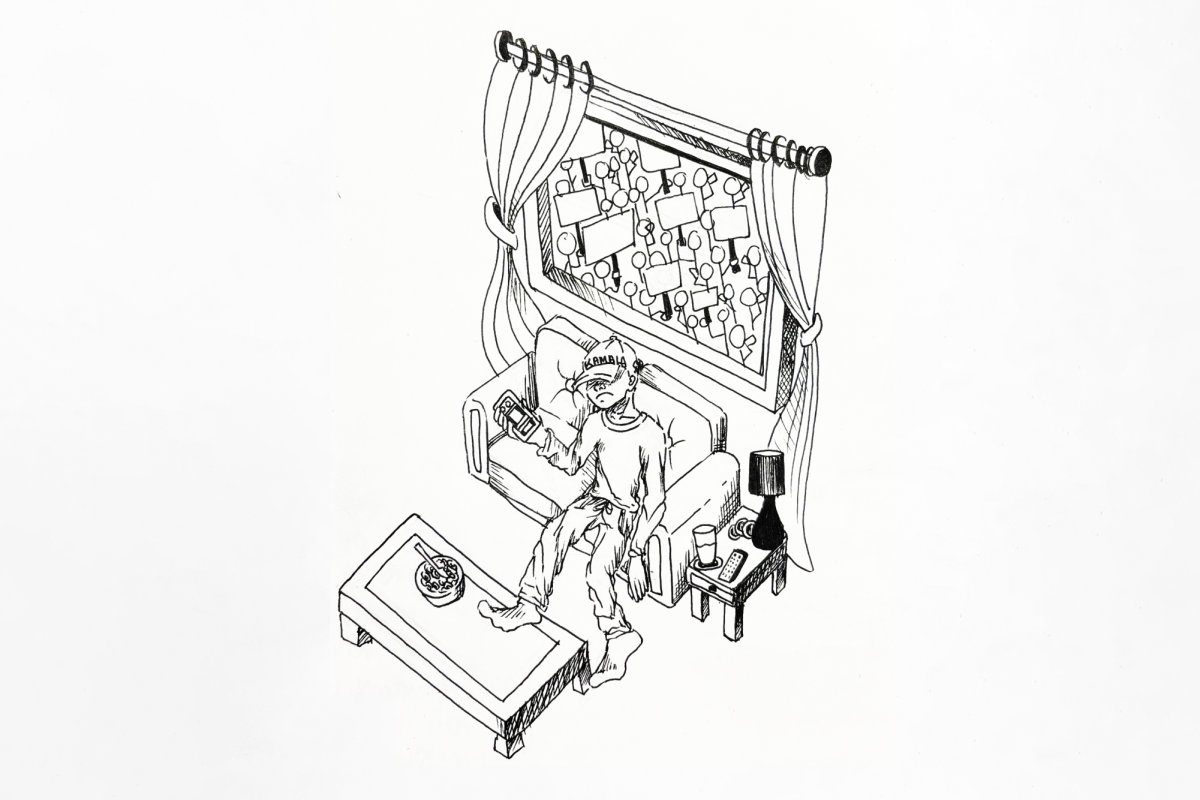GW hoped it would make waves this fall when it established the law and society minor – the University’s first program geared toward undergraduates interested in going to law school. But I’m not surprised that only two students have enrolled so far.
Of course, there’s nothing wrong with studying the sociological analysis between legal institutions and the criminal justice system. In fact, you’ll probably learn a lot of interesting information. But if law school is the end goal, you won’t be prepared.
Believe it or not, if you want a leg up on your future legal education, pursuing an undergraduate degree in areas like computer science or engineering might actually be your best bet.
The law profession is changing. We’ve seen a boom in intellectual property litigation, specifically legal disputes over patents developed by pharmaceutical companies and tech firms.
GW offers an intellectual property and technology concentration in the law school, which focuses on patent law, internet regulation and even genetics. Nearly 60 of its 2,000 students are involved. The law school also has booming environmental law programs and an upstart health law center.
The students who can become experts in these areas will have a higher likelihood of getting a job after they graduate.
These types of law are in high demand, but students aren’t catching on en masse yet. That’s why hard science majors will have a leg up. Law professor Robert Brauneis, co-director of the intellectual property law program, told me that students with a technical degree who go to law school have a considerable advantage.
“There is a serious supply constraint,” he explained. “The number of people who get a technical degree and then get a law degree and then want to do patent work just isn’t that large.”
The high number of untapped employment opportunities in patent litigation almost guarantees those with the right background jobs after graduation. That’s a huge plus, especially as more and more law graduates find themselves without a place to work.
Less than half of GW Law School Class of 2012 graduates worked in full-time, salaried positions, according to a National Association for Law Placement survey released this fall. And this abysmal statistic has scared prospective students away: Law schools nationwide saw 30-year lows in the number of applicants last year.
So since the law field is changing so drastically, why aren’t students doing all that they can to compete?
“I think part of the explanation is that it is particularly difficult to have the skills and desire to both master a technical, quantitative subject and a subject that is highly verbal.” Brauneis notes.
He’s right: Law and computer sciences are vastly different fields. Many students who aspire to become lawyers might even be numbers-phobic.
Although every undergraduate fields of study will challenge students to think critically, the methods employed in law school curricula are nothing like an undergraduate education – no matter what you major in. But since the logical end to going to law school is getting a job, undergraduates should look to pursue courses of study that will make them the most competitive.
Law school admissions officers will tell you that what bachelor’s degree a student holds has no bearing on the admissions process.
UCLA’s career center website explains that “law schools accept a diverse pool of applicants who major in anything from engineering to political science to film and television.”
That makes sense, since the admissions process is most concerned with selecting students who can thrive in the law school environment, as opposed to focusing specifically on what their undergraduate major was.
So I’m sure the sociology department had good intentions in establishing GW’s undergraduate law minor, but many of the courses in the program have a tenuous relationship to a legal education and what a lawyer does in practice.
But while it might not seem like law and computer science are the most natural combination, it just might be the right mix for those who want to get ahead in a world where competition for jobs is so stiff.
The writer is a second-year student in the GW Law School. He majored in political science at UCLA.




